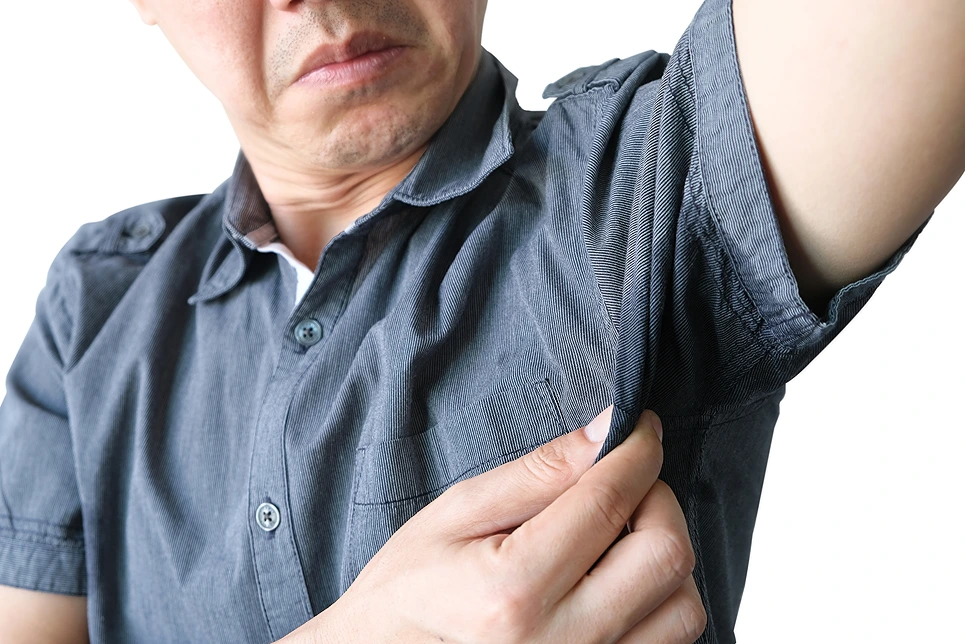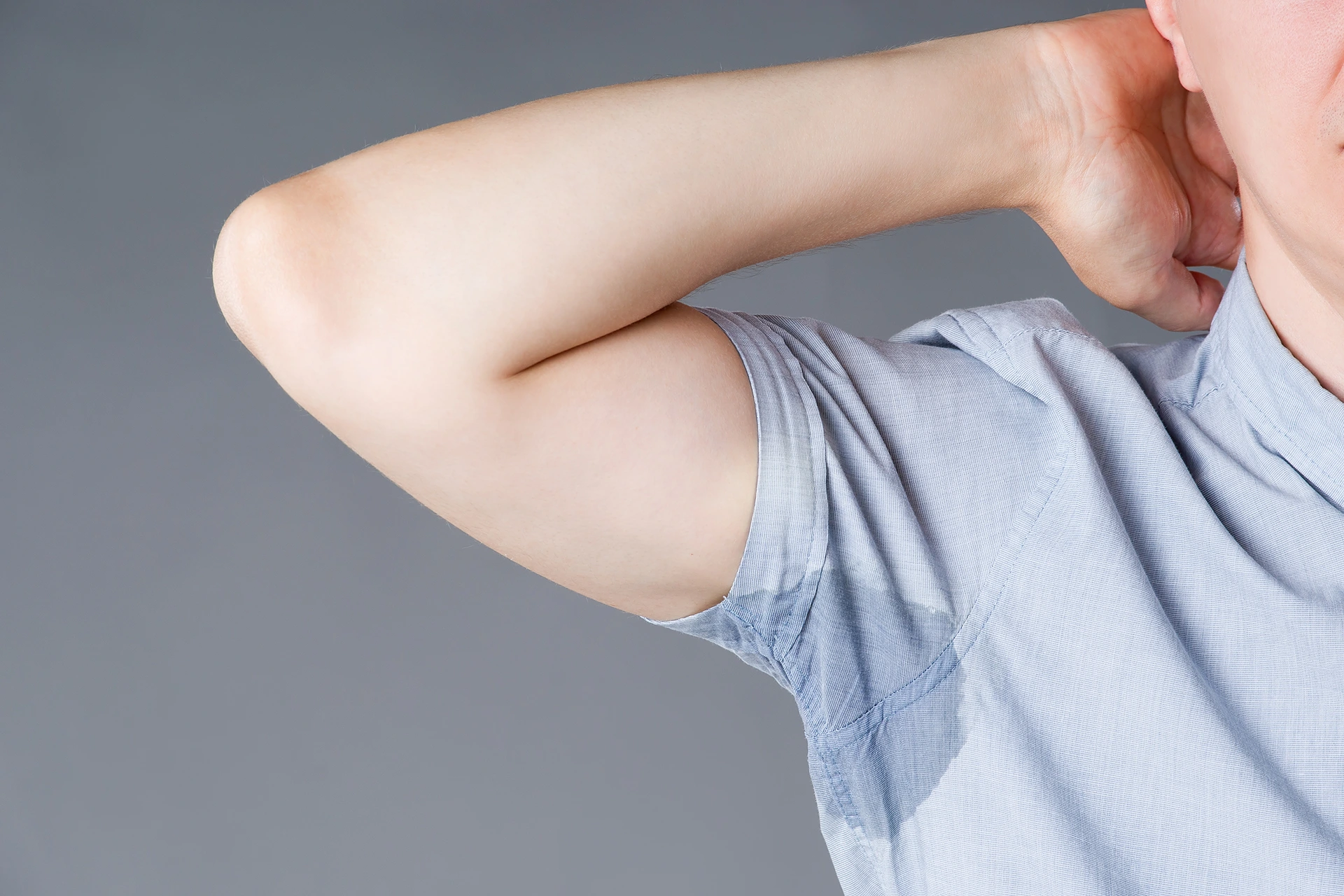Discover How Hormone Treatment Can Affect Your Scent and Tips to Stay Fresh
Testosterone therapy can potentially lead to changes in body odor due to increased hormone levels. However, the exact impact on odor may vary from person to person. It is important to maintain good hygiene and discuss any concerns with a healthcare provider.
Body odor is an inconvenient part of life that can cause anxiety and affect self-confidence. While bathing regularly and using deodorants help control odor, some people notice their scent changes with hormonal fluctuations.
If you’ve started testosterone replacement therapy (TRT), you may have found your body odor is stronger or just different. What’s the reason behind this?
There are a few factors that cause body odor changes with testosterone therapy. By understanding the causes, you can take steps to reduce odor and feel confident. In this in-depth guide, we’ll explore the link between testosterone and body scent so you know what to expect.
Read on to learn why TRT affects smell, how to manage odor issues, and when to see a hormone doctor if strong body odor persists.

What is Testosterone Therapy?
Testosterone therapy provides supplemental doses of the male sex hormone testosterone. It is prescribed for men who have low testosterone, a condition known as hypogonadism or Low-T.
Testosterone is an essential hormone that plays a key role in male health and vitality. It stimulates the development of male sexual characteristics and reproductive tissue. The hormone also impacts:
- muscle growth
- bone density
- red blood cell production
- fat distribution
As men age, testosterone levels gradually fall. But some men experience a more severe drop that leads to troubling symptoms. These can include low energy and mood, reduced muscle mass, increased body fat, poor concentration, low libido, and erectile dysfunction.
Testosterone therapy uses gels, patches, injections, or other delivery methods to increase testosterone back to normal levels. This alleviates Low-T symptoms and helps men feel stronger, sharper, and revitalized.
When appropriately prescribed and monitored by a knowledgeable hormone specialist, testosterone therapy can provide transformative benefits for men with clinically low testosterone. It enables patients to regain their vitality and enjoy life again.
Discover personalized hormone therapy solutions at Physician’s Rejuvenation Centers to reclaim vitality and confidence
Does Testosterone Therapy Cause Body Odor Changes?
Testosterone therapy may lead to changes in body odor, though the effects can vary between individuals. Some key points:
| 1 | Testosterone can increase oil and sweat production in the skin, which can alter body scent. The extra oil and sweat may make the odor more pronounced. |
| 2 | Testosterone is converted into androstenone, a compound contributing to male body odor. Androstenone smells different to people based on their genetics – some find it unpleasant, while others describe it as sweet. |
| 3 | Body odor may become stronger or more unpleasant during the first year of testosterone therapy as hormone levels fluctuate. However, the specific effects on scent seem to depend on the individual. |
| 4 | There is no direct link between testosterone and body odor changes. Genetics may play a bigger role in determining natural body scent than testosterone levels alone. |
Testosterone therapy may lead to modest changes in body odor, but the specific effects likely vary between individuals based on genetics, dosage, and hormone sensitivity. The impact on scent perception is highly subjective.
What Factors Contribute to Body Odor Changes?

Fluctuations in body odor can arise as an effect of testosterone replacement therapy. Several key mechanisms that may play a role in altering body odor during TRT treatment:
Increased Levels
Testosterone therapy leads to higher amounts of the hormone in your system. When both your testosterone and cortisol (the stress hormone) levels are high, studies find masculinity odor intensity increases.
Skin Changes
One way testosterone alters smell is by making your skin oilier. The added oiliness changes how your sweat interacts with skin bacteria, producing different odor molecules. Specifically, testosterone makes the skin thicker and more oily, which also impacts sweat and bacteria leading to smell variations.
Fat Redistribution
A common effect of testosterone therapy is redistribution of body and facial fat. This shift in fat storage impacts areas like the underarms, which can contribute to odor changes. When different amounts of sweat and oil reach the armpit skin surface, odor production also changes.
Olfactory Changes
Studies show that having very low testosterone negatively impacts a man’s sense of smell. It specifically alters your ability to detect certain volatile odor molecules. So when TRT increases testosterone to normal levels, it’s possible your smell perception changes too. However, more research is still needed on exactly how testosterone alters specific olfactory functions.
Dehydration
Some men undergoing testosterone therapy experience hot flashes, which can cause fluid loss through sweat. When you become dehydrated, it concentrates sweat compounds that produce body odor. Making sure to drink enough water can help reduce dehydration-related odor.
Explore customized hormone therapy options at Physician’s Rejuvenation Centers to address the underlying causes of body odor fluctuations
Can Diet and Hygiene Help With Testosterone Body Odor?

While you can’t eliminate body odor completely, improving your diet and hygiene habits can help reduce unwanted smells from TRT. Here are some tips men undergoing hormone therapy can try:
- Eat plenty of fruits, vegetables, and whole grains. These provide antioxidants to help slow bacteria growth and sulfur compounds that reduce odor.
- Reduce foods containing sulfur like broccoli, cabbage, and cauliflower. Sulfur gets excreted through sweat, leading to unpleasant odors.
- Avoid spicy foods, caffeine, and alcohol. They can worsen odor by altering sweat production.
- Shower regularly using antibacterial soap, especially after sweating. Frequent cleaning helps wash away odor-causing bacteria.
- Shave or trim underarm hair. More hair traps sweat and bacteria, leading to increased odor.
- Use an aluminum-based antiperspirant. Aluminum salts help block sweat and bacteria growth.
- Apply hydrogen peroxide. Its antibacterial properties help eliminate armpit odor.
- Drink plenty of water. Staying hydrated helps reduce odor-concentrating dehydration.
With diligent hygiene and smart dietary choices, you can minimize odor issues from hormonal fluctuations of TRT. But if smell concerns persist, your hormone doctor can recommend additional solutions.
Other Tips to Manage Increased Body Odor on Testosterone
If diet and hygiene alone don’t neutralize bothersome odor side effects of TRT, other strategies can help. Here are some extra tips to try:
- Wear moisture-wicking fabrics. Materials like cotton and wool trap sweat and bacteria near your skin. Opt for sweat-wicking athletic fabrics to stay dry.
- Change clothes after sweating. Don’t sit in sweaty gym clothes or uniforms. Bacteria multiply quickly on damp fabrics.
- Consider prescription strength antiperspirants. Ask your doctor about prescription aluminum chloride antiperspirants to further reduce sweating and odor.
- Ask about adjusting your TRT dosage. If odor problems started after beginning therapy, your dose may need fine-tuning to reach ideal hormone levels.
- Discuss estrogen supplements or medication. When estrogen drops and testosterone dominates, body odor can increase. Restoring balance with estrogen therapies may help.
- Practice good foot hygiene. Smelly feet can lead to overall body odor. Wear clean socks, use antibacterial foot powder, and treat athlete’s feet promptly.
With some trial and error, you can find the ideal combination of odor remedies to use alongside your testosterone therapy. But if the bothersome smell persists for months, see your hormone doctor.
A medication adjustment or additional treatment may be needed. Don’t give up hope—solutions are available to help you feel confident and comfortable again.
When to See a Doctor About Testosterone Therapy Body Odor
Occasional odor fluctuation is normal when starting hormone treatment. But if you’re dealing with a relentless strong smell or sweating after several months of TRT, contact your hormone doctor or prescriber. Chronic excessive body odor can lower your quality of life and signal an underlying issue needing attention.
Your doctor can help identify potential causes like:
| 1 | Testosterone dosage is too high. Lowering your dose may reduce odor side effects. |
| 2 | Hormone imbalance. You may need estrogen therapy or other medications to rebalance hormones. |
| 3 | Extreme odor can result from disorders like chronic kidney disease, liver failure, and metabolic conditions. |
| 4 | Certain antidepressants, heart drugs, and supplements can worsen odor. |
Most cases of body odor changes are temporary and easily managed at home. But if odor, sweating, and discomfort persist, don’t hesitate to seek medical advice. A few medication tweaks can get symptoms under control so you can feel normal again.
Explore customized hormone therapy options at Physician’s Rejuvenation Centers to address the underlying causes of body odor fluctuations.
Physician’s Rejuvenation Centers: Hormone Therapy Tailored to Your Needs

If you’re considering treatment for Low-T or other hormone imbalances, Physician’s Rejuvenation Centers can help. Our caring medical staff offers comprehensive hormone replacement therapy and wellness care tailored to your unique needs.
We’ll conduct thorough lab testing and evaluation to determine if hormone imbalance could be compromising your health and vitality. Based on those results, our doctors design custom treatment plans to help you feel your best. We skillfully monitor your progress, adjust medications as needed, and work closely with you to achieve your wellness goals.
Don’t let low hormones or side effects like body odor disturbances prevent you from thriving. Schedule a consultation at Physician’s Rejuvenation Centers to determine if hormone therapy is right for you.
Call (561) 783-5153 today to book your appointment and take the first step toward better health, confidence, and quality of life.

